A brief description about this Activity.
We live in a culture that demands maximising each day. Those that are able to work are all too often required to work inordinately long hours and those who claim to need very little sleep are applauded. In addition, daylight hours are being extended through the use of white and blue light through the use of devices which impairs natural sleep and wake cycles. Current research on the function of sleep and sleep deprivation has shown that there is a complex interplay between physiological and psychological factors that impact on the sleep-wake cycle which regulate both the duration of sleep and the quality of sleep, as well as rapid eye movement (REM) and non-rapid eye movement (NREM) sleep and what happens if these are compromised. While sleep problems are associated with a number of physical and mental health problems such as depression, anxiety, obesity and a range of medical conditions, many of which can be ameliorated with life style changes and sleep hygiene, clients who are traumatised tend experience more severe sleep disturbances such as night-time flashback, trauma related nightmares, night terrors and night-time panic attacks. Many traumatised clients are able to armour themselves during the day to keep distressing thoughts, feelings and memories at bay through distractions, only to find that when the armour is removed at night that what was kept at bay is unleashed during the night leading to a dread of going to sleep, insomnia, disrupted sleep, disturbing dreams and nightmares, and night time panic attacks. In addition, clients whose sleep is consistently compromised will suffer from sleep exhaustion, impaired cognitive and executive functioning, daytime dissociative states, in particular depersonalisation, as well as a compromised immune system and concomitant physicalhealth problems all of which exacerbates trauma symptoms. This training will explore the relationship between traumatised clients and a range of sleep disturbances such as dread of going to sleep, insomnia, night-time flashback, trauma related nightmares, night terrors and night-time panic attacks, and fear of waking up and how prolonged sleep deprivation impacts on traumatised clients. It will identify a number of practical strategies and CBT-Insomnia (CBT-I) interventions that have proved effective in improving sleep. While many of these are highly effective for many clients these are often not sufficient for traumatised clients. Emphasis will be placed on introducing additional informed trauma strategies to aid sleep such as grounding and emotional regulation skills, the use of anchors, and other sensory cues designed to make the sleeping space safe. It will also identify a number of methods to manage night-time flashback, trauma related nightmares, night terrors and night-time panic attacks and reduce the impact to restore the quality of sleep and reduce the terror of sleep. Consideration will also be given to the use of sleep medications and how these can be combined with trauma informed sleep interventions. Equipped with these additional interventions practitioners may be able to help traumatised clients to feel safe to go to sleep, reduce sleep disturbances and restore healthy sleep patterns.
Learn more about this Activity.
No Website has been provided for this Activity.
The Provider for this Activity.
